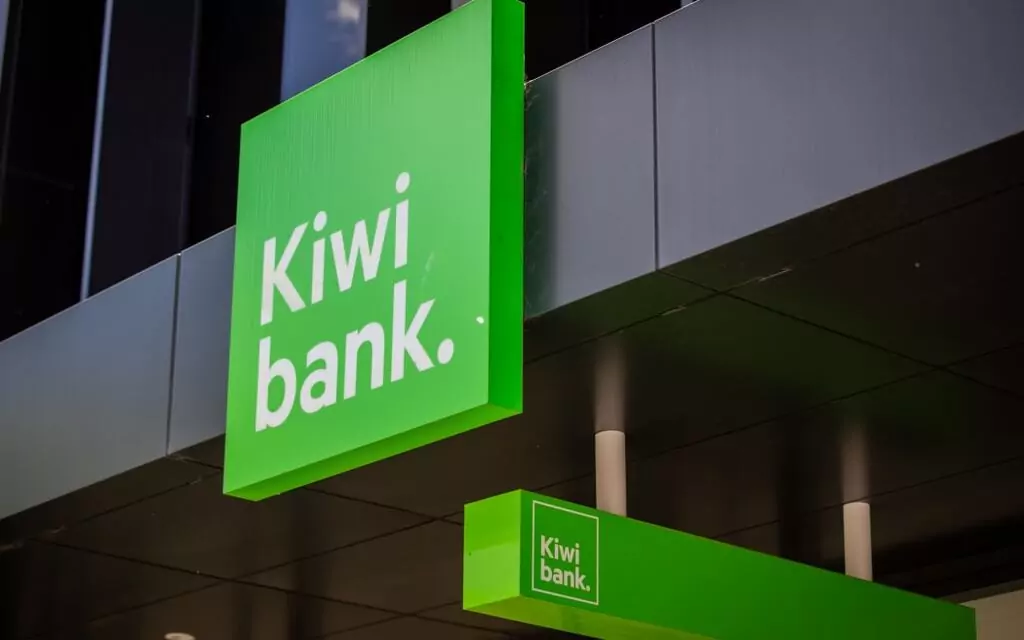The Christchurch High Court has imposed penalties against cleaning company Canterbury Industrial Scrubbing Limited (CI Scrubbing) for longstanding cartel agreements with a competitor following a Commerce Commission investigation.
In a scheme that ran virtually uninterrupted for nearly two decades, CI Scrubbing and another industrial cleaning company agreed that CI Scrubbing would only offer industrial scrubbing services, while the other would only offer industrial sweeping services, and the two would not compete.
When the other company tried to exit the scheme, CI Scrubbing’s director, Daniel Jamieson, threatened to target their customer base in an attempt to induce them to continue.
After the cartel broke down, some customers of industrial scrubbing and sweeping services saw an immediate benefit, with prices dropping by up to 30% in some cases.
In handing down her judgment, Justice Rachel Dunningham found that the long duration of the scheme was a “clear aggravating factor” and that the use of commercial threats amounted to a “serious breach” of the law.
Her Honour accepted that, were it not for the current financial circumstances of the defendants, and cooperation with the Commission’s investigation, a penalty of between $750,000 and $1.25 million would have been appropriate for CI Scrubbing’s conduct, and $50,000 to $70,000 for Mr Jamieson. Taking these factors into account, however, Her Honour imposed a final penalty of $51,000 on CI Scrubbing and made declarations with respect to Mr Jamieson.
In welcoming the High Court’s judgment, Commissioner Dr Derek Johnston said targeting cartel conduct remains an enduring priority for the Commission due to its secretive nature and the harm that it can cause consumers.
“We welcome the Court’s finding that this conduct was serious and that much higher penalties would have been imposed but for the current financial circumstances of the defendants.”
“This case, and the recent charges laid in the country’s first-ever criminal prosecution for cartel conduct, should serve as a strong reminder to businesses and their directors to operate on the right side of the Commerce Act. Ignorance of the law is never an excuse. The criminalisation of cartel conduct in 2021 underlines just how serious and harmful this offending is.”
“The Commission will always prioritise conduct where there is any element of coercion involved.”
Background
A cartel is where two or more businesses agree not to compete with each other by price fixing, allocating markets or customers, or restricting the output or acquisition of goods and services.
Cartel conduct harms consumers by preventing businesses from competing to provide better quality services at better prices, and it harms other businesses which are trying to compete fairly. It is important that businesses and their directors are aware of the seriousness of this kind of conduct, and ensure they understand how to stay on the right side of the law.
Cartel conduct is prohibited under section 30 of the Commerce Act. As of 8 April 2021, cartel conduct is punishable with a term of imprisonment of up to 7 years, underlying just how serious and harmful offending of this nature can be.









